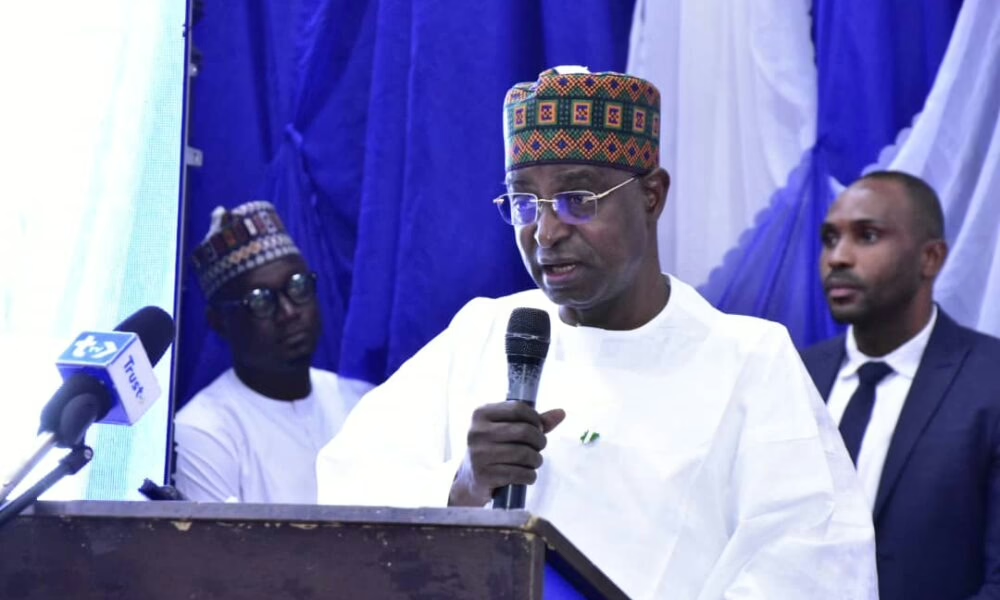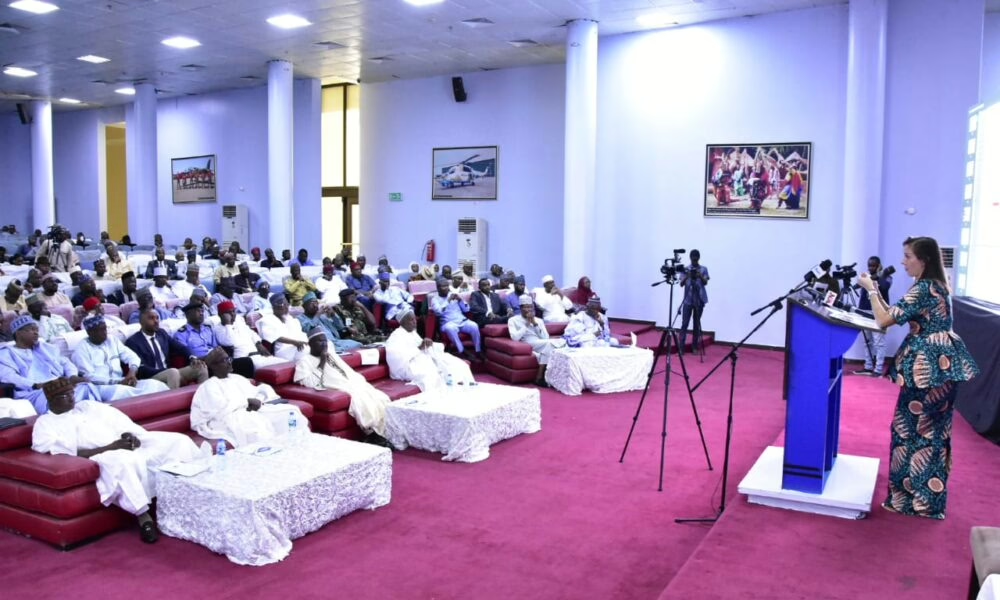The duo of the Minister of the Federal Capital Territory, Nyesom Wike; and Edo State Deputy Governor, Philip Shaibu, are currently facing similar political challenges. Each can be said to be fighting for survival in his own space. While Wike and his godson, Governor Siminalayi Fubara, are at loggerheads (not loggerhead) in Rivers State, Shaibu and his boss, Governor Godwin Obaseki, are in a no love lost relationship. (Hope you remember the meaning of the idiom, ‘no love lost’.) The deputy governor is prosecuting a governorship aspiration that the principal appears to be bent on stopping.
This winding excursion into politics is to establish the fact that Wike and Shaibu can hardly be in a frame of mind to be thinking too much about lexis and structure. As the Yoruba say (not says), – the one who carries embers on his palm has no time to settle fights. However, the two prominent politicians inspired the topic we are discussing – or revising – today. Each recently trod the slippery terrain of personal pronouns and only God saved them from falling. This is not to say the English that both normally speak is bad. As a matter of fact, they are comparatively outspoken. Yet, they committed two similar errors that are popular.
Here are the two expressions:
Wike: Me and my brother are for peace.
Shaibu: You know there is tension between the governor and I.
The statements were made on different occasions but they exemplify some knotty issues in the world of personal pronouns.
Me and my brother
Old members of this class should know that there are two issues with the phrase, ‘Me and my brother’, especially as used by Wike. Firstly, because ‘I’ is the subjective pronoun, it should have been used instead of ‘me’, the objective. The subject is the performer or doer of the action while the object is the receiver. Consider this:
I (not me) and my brother want peace.
But the clause remains problematic as ‘My brother’ should come before ‘I’ based on the grammatical politeness that makes the writer or speaker put other people first when there is a compound subject or compound object with I, we, me or us:
Ade and I need to rest. (Not I and Ade need to rest.)
They gave it to Jonathan and me. (Not they gave it to me and Jonathan.)
My brother and I want peace. (Not I and my brother want peace; and not Me and my brother want peace.)
Between you and me
The statement credited to Shaibu – You know there is tension between the governor and I – harbours a common error, as I earlier noted. Many say ‘between you and I’, but the correct expression is ‘between you and me’: between Adamu and me, between the boys and me, between the visitor and me etc. It is the same way you say between them and us (not between them and we!), between her and us, (not between her and we!) Apart from having to sound right, the rule that guides the phrase is that it is objective pronouns that follow ‘between’ (a preposition), not the subjective. So:
The matter is between Kelvin and me (not between Kelvin and I).
The matter is between Kelvin and us.
Between you and me, I’m not going to be here tomorrow.
You know there is tension between the governor and me (not I).
Meanwhile, the gossiping I had to do prevented me from saying this at the beginning of the lesson: Compliments of the season. But remember that it is not complement or compliment of the season. Rather, ‘Compliments of the season!’











